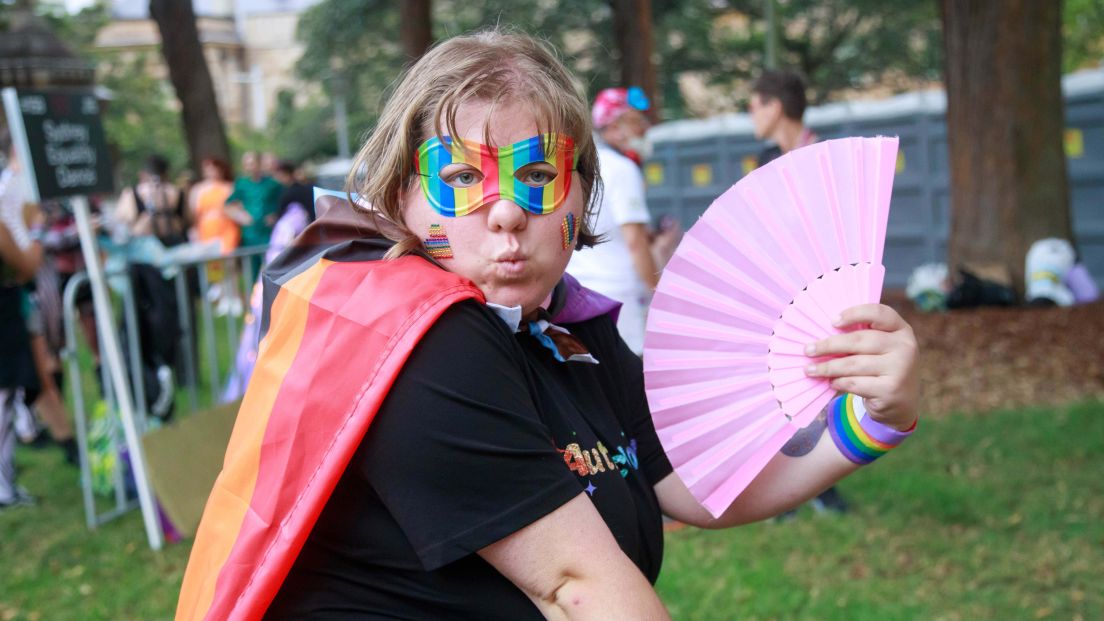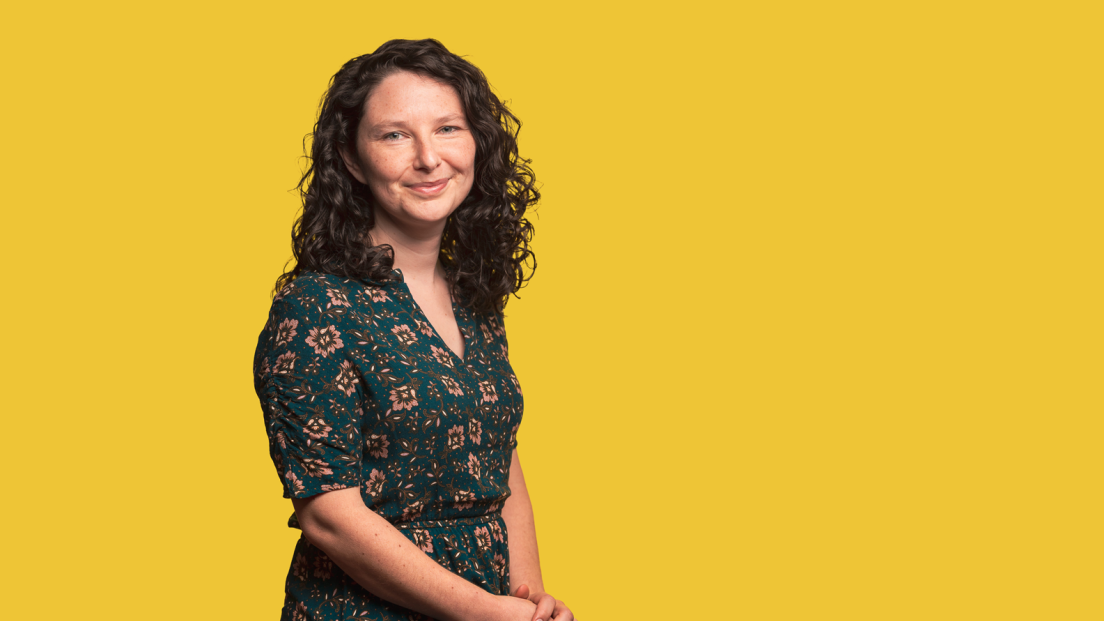In 2007 the 2nd April was declared ‘World Autism Awareness Day’ by the United Nations (UN), and Member Countries of the UN were encouraged to explore actions that would lead to promoting inclusion and wellness.
In 2013 the Diagnostic Manual (APA: DSM-5) was updated to reflect current knowledge of the time (uniting a number of previous ‘arms’ of autism beneath one spectrum banner) and the notion that sensory processing differences were part of being autistic was added.
Back then ‘Person first’ language was generally preferred, so ‘person with autism’ was commonly used. However, over time Autistic voices have crept into the conversation and out into the open. Autistic people have adamantly contested that being Autistic is woven into our very being so terms like ‘Autistic person’ were preferred over ‘person with autism’ (Botha, et al, 2021). After all, autism isn’t a ‘handbag’ that can be put down and picked up at will! If we say ‘person with autism’ we imply a person can be ‘without’ autism. This is not so. Neurodiversity (like biodiversity) implies all brains are different and promotes neural diversity as the norm. As Autistics are still a minority (along with ADHD, being dyslexic and so on) we diverge from the majority. Therefore, Autistics are also neurodivergent.
Being Autistic is who we are and informs our processing of information. For example, all our emotive states, things we are passionate about, our sensory systems (external and internal) our understanding of ‘Object (event, person, emotion, expectation and knowledge) Permanence (OP) and our personality, are all reflected, and experience via our autism lens.
Being ‘aware of autism’ implies having a certain knowledge of autism that states ‘autism exists’. It does not imply a need for understanding and this is pivotal to being able to action autism awareness into furthering promotion of autism and Autistic inclusion and wellness.
We call for a world that welcomes Autistic expertise, listens and acts along with authentic Autistic engagement, and truly reflects ‘nothing about us without us’ as the only way forward.
This is the main ideology behind promoting ‘World Autism Understanding Day’. Because it’s only when we understand our human differences that we come to a place of safety allowing us a step closer within our relationships. Milton’s (2012) ‘double empathy problem’ states in human interaction there is a mismatch which negatively impacts understanding leading to faulty communication. This occurs at many levels, from conversational interaction to people’s world views. The greater the disconnect, the more difficulty people have interacting. Hence, Autistic communication ‘gaps’ occur not only because Autistic people have trouble understanding non-Autistic (allistic) people but vice versa too. Therefore, the problem is mutual. For example, allistic’s have difficulty reading facial expressions of Autistics, it’s not only the other way around.
World Autism Understanding Day heralds the cry for developing an understanding autistic communication and for implementing real time strategies for inclusivity and wellness. Without understanding Autistics and how to bridge the communication gaps between us, little will change.
We call for equity, a step beyond equality. We call for understanding, not only awareness. We call for a world that welcomes Autistic expertise, listens and acts along with authentic Autistic engagement, and truly reflects ‘nothing about us without us’ as the only way forward.
References
American Psychological Association (2013: Ed. 5) Diagnostic and Statistical Manual of Mental Disorders
Botha, M., Hanlon, J., & Williams, G. L. (2021). Does Language Matter? Identity-First Versus Person-First Language Use in Autism Research: A Response to Vivanti. Journal of autism and developmental disorders, 1–9. Advance online publication. https://doi.org/10.1007/s10803...
Milton, D. E. (2012). On the ontological status of autism: the ‘double empathy problem’. Disability & Society, 27(6), 883-887.

